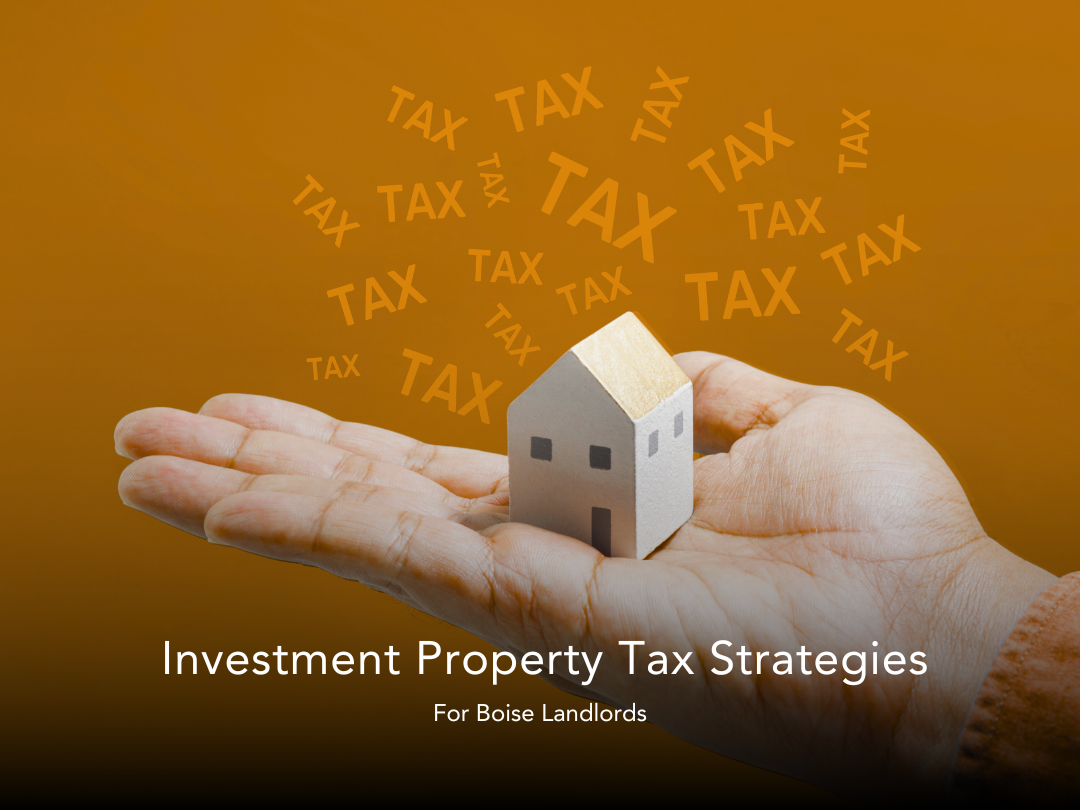The benefits of finding and managing the right real estate investment effectively are virtually limitless.
With the potential to appreciate your home values and generate a stable monthly income all while protecting against stock market losses, real estate is one of the best ways to grow your wealth.
However, before you set out on your investment journey, consider the types of investment properties and the individual benefits each one can offer you.
Renovate and Flip
For any investor with enough liquidity on hand, fix-and-flip properties can be a highly beneficial investment choice. These properties, found in neighborhoods with a lot of potential, can be a valuable source of revenue in a short amount of time. But there are drawbacks as well.
We explore the positives and negatives.
The Positives
For investors who can handle renovations and repairs on their own, flipping properties represents a highly beneficial opportunity. Fixer-uppers mean that investors have a chance to get in on lucrative neighborhoods that would otherwise require a steep overhead investment.
Additionally, you may be able to negotiate great deals if you are able to coordinate a purchase directly from the seller. This will cut down on commission fees and maximize your return on investment (ROI). Then, you can turn around and use the Buy, Repair, Rent, Refinance, and Repeat (BRRRR) method to keep your investment opportunities growing.
The Negatives
Flipping a property takes a lot of time and money. Making a revenue on your property will require your dedication and hard work, meaning that this investment type is far from passive. If your time commitments and obligations do not allow for extensive work, then these real estate opportunities aren’t right for you.
You may also run into trouble on the financing side of things. Flipping properties typically requires that you seek out a hard money loan rather than a mortgage, meaning interest accrual more in the range of 7%-12% with a short repayment turn-around. If you can’t guarantee a fast transition in your market, you could run the risk of going underwater on your loan.
Vacation Rentals
Short-term vacation rentals may seem like a bad idea with the reality of COVID-19 still raging. However, these rentals still maintain a market valuation of around $169 billion while offering profits up to 30% higher than long-term leases.
Short-term rentals can be the perfect revenue boost for your portfolio, but first, consider the positives and negatives.
The Positives
Vacation rentals offer homeowners the chance to make use of a property that goes unoccupied for even some of the year. This means more money in your pocket. Meanwhile, the financial benefits of renting out your property on a vacation basis can offer greater ROI margins than any of the alternative investment types.
With the help of vacation-listing platforms like Vrbo and Airbnb, you can easily put your home on the market for accruing income while you’re away. You’ll even be able to make use of it when renters aren’t in.
The Negatives
But vacation rentals aren’t all sunshine and rainbows. Steep maintenance and cleaning costs come with them since many different renters will be in and out. You also need to have a system in place for cleaning and inspecting the property after each rental
A property management company can help with this. However, the downside is that this will cut into your profit margin. On average, property managers require in the ballpark of 25% of the rent received for their role in keeping up the property. Additionally, the market for short-term rentals may not always be the most stable, as we saw when COVID-19 hit.
Long-Term Rentals
Maintaining and renting a long-term rental property for everyday renters is another lucrative source of real estate investment income. This option can more stably secure rental income in a passive fashion. However, management of the property won’t be so passive if you choose to take it on yourself.
The Positives
Investing in long-term rentals can offer you peace, security, and passive income. It can allow you to easily pay off the mortgage on a property while building your investments and growing your portfolio. If you can acquire the right financing, long-term rentals can help you get your foot in the door of real estate investment for a lucrative future.
The Negatives
But managing a long-term rental isn’t easy or cheap. If you plan on doing it all yourself, you’ll be constantly on call for handling tenant troubles. Fortunately, property management companies can take care of all that for you, but it will come at a cost.
Additionally, you are dependent on your renters fully for your rental income. If they fail to make payments or meet the provisions of their lease agreements, it can lead to costly legal battles and all kinds of problems. Property damage can cut significantly into your returns if tenants aren’t screened and chosen with great care. Even then, there is no guarantee.
Real Estate Investment Trusts (REIT)
Finally, we have Real Estate Investment Trusts. REITs are companies that purchase and manage commercial properties to generate returns for the associated investors. This can be a great place to begin your investment journey, but there are negatives as well.
The Positives
REITs are the go-to for strong passive income accrual. These investment types span all kinds of commercial business opportunities that can grow your ROIs to new heights — if the investment property is doing well.
This can be especially beneficial when it comes to building your wealth for retirement. Because you can keep your REIT funds in a nontaxable retirement account, you can keep reinvesting your income without ever occurring a tax penalty. This will keep your funds snowballing.
The Negatives
REITs vary. Not all are highly lucrative. Meanwhile, some are publicly traded while others are not and can be especially difficult to sell and gauge value. You’ll also struggle to generate profits at first, waiting for the property to generate success.
In Conclusion
All kinds of real estate investment opportunities carry their own pros and cons. Analyze each of them before setting out to grow your portfolio with lucrative rentals, renovations, or REITs. Start by budgeting, setting a solid timeline, and cementing your goals.
Then, speak to qualified real estate and financial professionals for expert advice when beginning your investment journey. Real estate can work for you, but it will take the proper preparation to make a profit.
For more information on real estate investment and property management, contact 208.properties or find us on social media.














